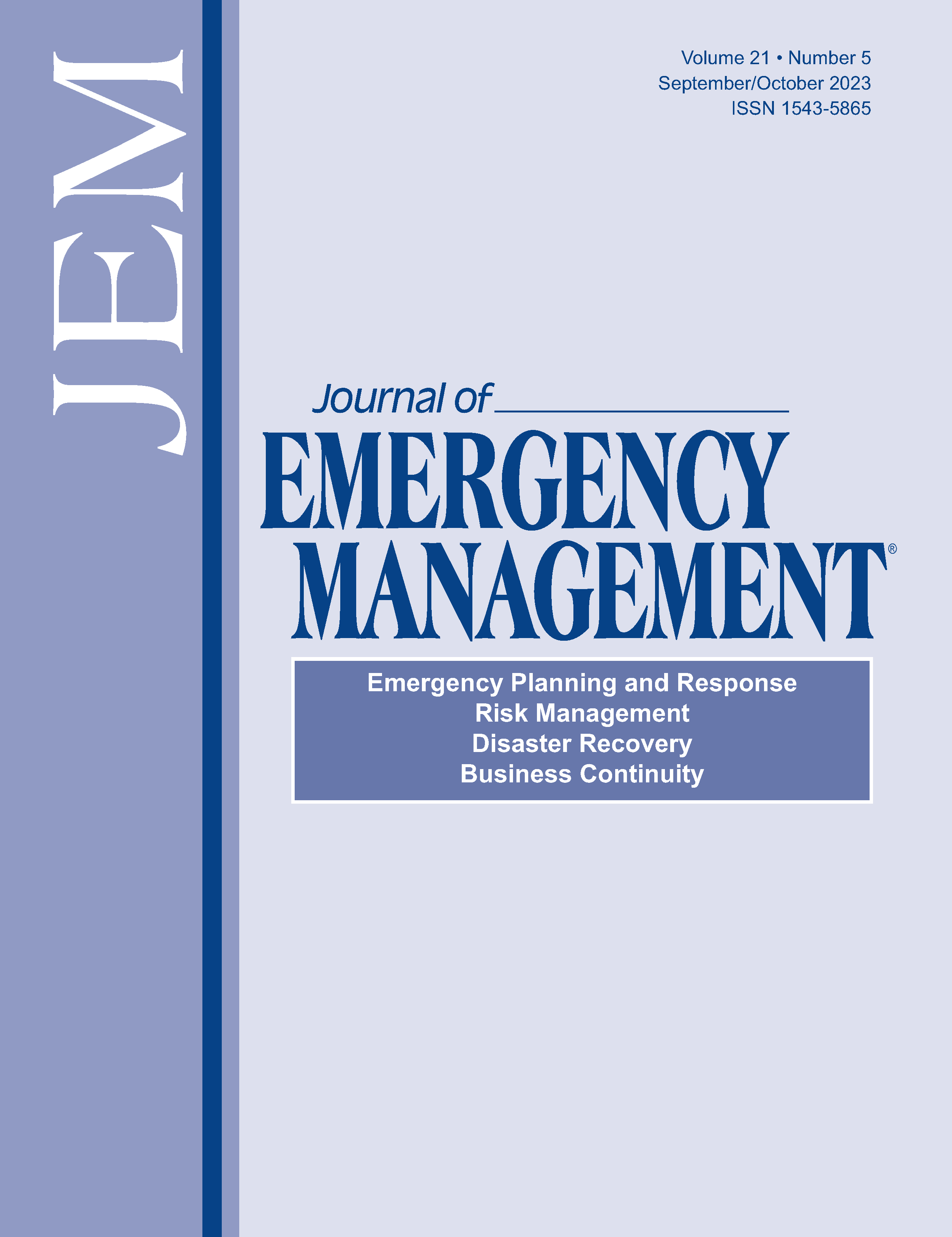COVID-19 pandemic: Public attitudes and opinions on a global health crisis among residents in Sarawak, Malaysia
DOI:
https://doi.org/10.5055/jem.0777Keywords:
attitudes, opinions, practices, COVID-19, Sarawak, MalaysiaAbstract
In Sarawak, Malaysia, several exceptional safety precautions and measures were adopted to prevent the outbreak of coronavirus disease 2019 (COVID-19) pandemic from spreading. Individuals’ attitudes and opinions have impact on their obedience toward control procedures. Sarawak residents’ attitudes and opinions toward COVID-19 were investigated in the present study. An online questionnaire developed using Google Forms was completed by 1,462 residents from all 12 divisions in Sarawak. The findings show that most Sarawak residents have positive attitudes and opinions about current standard operating procedures (SOPs) toward COVID-19. More than half of the respondents stand unbiased for the effectiveness of these SOPs, while most respondents have a neutral standpoint regarding the current law enforcement. The partial least square regression results found using the WarpPLS 7.0 software indicate that Sarawak residents’ attitudes, opinions about current SOPs, and their effectiveness are significantly linked to practices for the prevention of COVID-19 outbreak, whereas these residents’ opinions about current law enforcement were observed to have no significant relationship with proper practices for measures.
References
Zhong BL, Luo W, Li HM, et al.: Knowledge, attitudes, and practices towards COVID-19 among Chinese residents during the rapid rise period of the COVID-19 outbreak: A quick online cross-sectional survey. Int J Biol Sci. 2020; 16(10): 1745.
World Health Organization: 2019-nCoV outbreak is an emergency of international concern. 2020. Available at http://www.euro.who.int/en/healthtopics/emergencies/pages/news/news/2020/01/2019-ncov-outbreak-is-an-emergency-of-international-concern. Accessed August 22, 2021.
Center for Disease Control and Prevention: COVID-19 what you should know. Available at https://www.cdc.gov/coronavirus/2019-ncov/about/symptoms.html. Accessed July 6, 2021.
Deng SQ, Peng HJ: Characteristics of and public health responses to the coronavirus disease 2019 outbreak in China. J Clin Med. 2020; 9(2): 575. DOI: 10.3390/jcm9020575.
Center for Disease Control and Prevention: Interim clinical guidance for management of patients with confirmed coronavirus disease 2019 (COVID-19). Available at https://stacks.cdc.gov/view/cdc/89980. Accessed July 6, 2021.
Center for Disease Control and Prevention: Preventing COVID-19 spread in communities article. Available at https://www.cdc.gov/coronavirus/2019-ncov/community/index.html. Accessed July 6, 2021.
Azlan AA, Hamzah MR, Sern TJ, et al.: Public knowledge, attitudes and practices towards COVID-19: A cross-sectional study in Malaysia. PLoS One. 2020; 15(5): 1-15.
Wang C, Tee M, Roy AE, et al.: The impact of COVID-19 pandemic on physical and mental health of Asians: A study of seven middle-income countries in Asia. PLoS One. 2021; 16(2): e0246824. DOI: 10.1371/journal.pone.0246824.
Podsakoff PM, MacKenzie SB, Podsakoff NP: Sources of method bias in social science research and recommendations on how to control it. Annu Rev Psychol. 2012; 63(1): 539-569.
Person B, Sy F, Holton K, et al.: Fear and stigma: The epidemic within the SARS outbreak. Emerg Infect Dis. 2004; 10(2): 358-363.
Tao N: An analysis on reasons of SARS-induced psychological panic among students. J Anhui Inst Educ. 2003; 21: 78-79.
Faul F, Erdfelder E, Lang AG, et al.: G*power 3: A flexible statistical power analysis program for the social, behavioral, and biomedical sciences. Behav Res Methods. 2007; 2(39): 175-191.
Murphy K, Williamson H, Sargeant E, et al.: The attitudes to authority during COVID-19 survey. Technical report. Griffith University, 2020.
Schmelz K: Enforcement may crowd out voluntary support for COVID-19 policies, especially where trust in government is weak and in a liberal society. Proc Natl Acad Sci USA. 2021; 118(1): 2016385118.
Saefi M, Fauzi A, Kristiana E, et al.: Survey data of COVID-19- related knowledge, attitude, and practices among Indonesian undergraduate students. Data Brief. 2020; 31(2020): 2352-3409.
Hair JF, Hult GTM, Ringle CM, et al.: A Primer on Partial Least Squares Structural Equation Modeling (PLS-SEM). California: Sage Publications, 2017.
Kaminska O, McCutcheon AL, Billiet J: Satisficing among reluctant respondents in a cross-national context. Public Opin Q. 2010; 74(5): 956-984.
Kock N: WarpPLS User Manual: Version 6.0. Laredo: ScriptWarp Systems, 2017.
Bagozzi RR, Yi Y, Philipps LW: Assessing construct validity in organizational research. Adm Sci Q. 1991; 36: 421-458.
Memon AH, Rahman IA: SEM-PLS analysis of inhibiting factors of cost performance for large construction projects in Malaysia: Perspective of clients and consultants. Sci World J. 2014; 2014(1): 1-9. DOI: 10.1155/2014/165158.
Fornell C, Larcker DF: Evaluating structural equation models with unobservable variables and measurement error. J Mark Res. 1981; 18(1): 39-50.
Cronbach LJ: Coefficient alpha and the internal structure of tests. Psychometrika. 1951; 16(3): 297-334.
Nunally JC, Bernstein IH: Psychometric Theory. New York: McGraw-Hill, 1994.
Chin WW: How to write up and report PLS analyses. In Vinzi VE, Chin WW, Henseler J (eds.): Handbook of Partial Least Squares: Concepts, Methods and Application. Berlin, Heidelberg: Springer, 2010: 645-689.
Cohen E: Authenticity and commodification in tourism. Ann Tour Res. 1988; 15(2): 371-386.
Keshky MESE, Basyouni SS, Sabban ABA: Getting through COVID-19: The pandemic’s impact on the psychology of sustainability, quality of life, and the global economy—A systematic review. Front Psychol. 2020; 11: 585897.
Published
How to Cite
Issue
Section
License
Copyright 2007-2025, Weston Medical Publishing, LLC and Journal of Emergency Management. All Rights Reserved.
Leave Nobody Behind: Emergency Management in a More Inclusive Way is a trademark of Journal of Emergency Management






